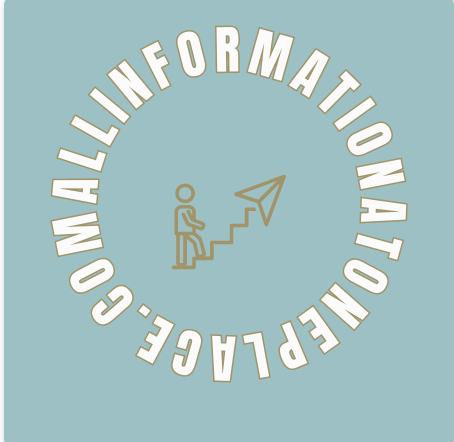Navigating the Opinion World :- Understanding Perspectives in the Digital Age.
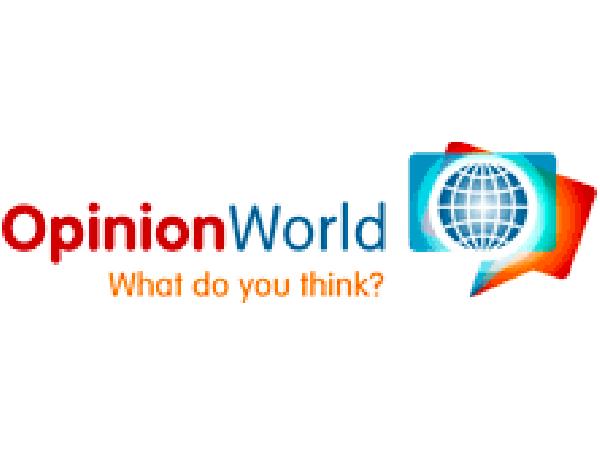
Table of Contents
Introduction :-
In the today’s digitally connected world, the realm of opinions has expanded exponentially, giving the rise to what can properly be termed the “Opinion World.” From the social media platforms to online news outlets, everyone seems to have a viewpoint on virtually every topic imaginable. In this blog post, we’ll embark on a completely exploration of the Opinion World, dissecting its intricacies, assessing its impact on society, and providing strategies for navigating through it effectively.
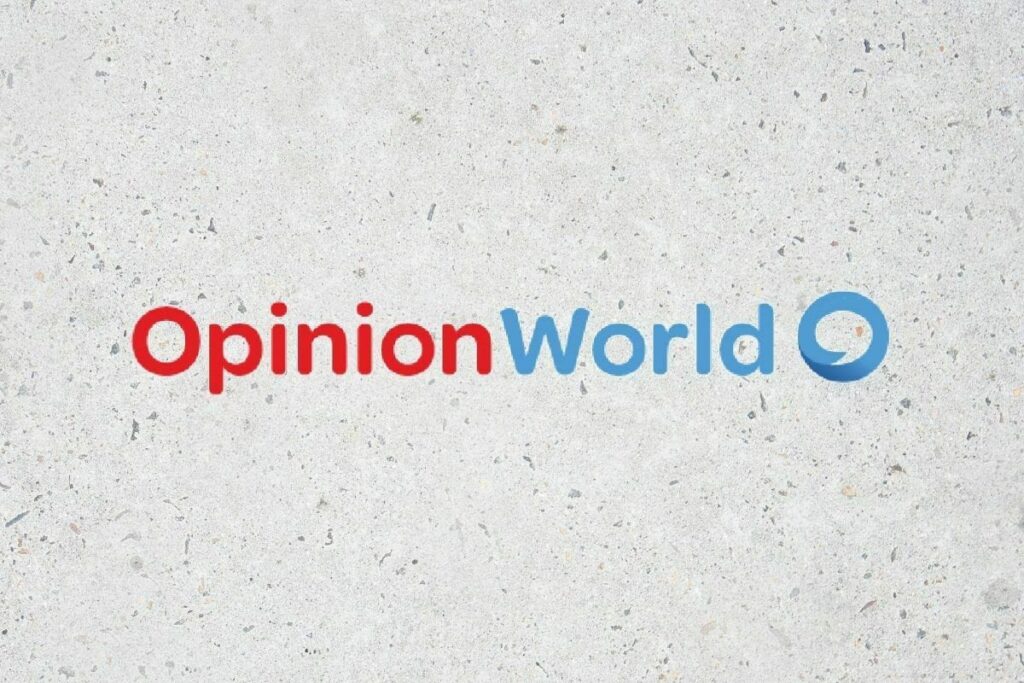
Understanding the Opinion World :-
The Opinion World is a vast and diverse landscape encompassing a multitude of perspectives, ideologies, and beliefs. It thrives on the plethora of digital platforms where individuals express their thoughts, ranging from political discourse to personal anecdotes. Social media platforms such as Twitter, Facebook, and Instagram serve as virtual arenas where opinions are exchanged, debated, and disseminated, often shaping public discourse and influencing societal attitudes.
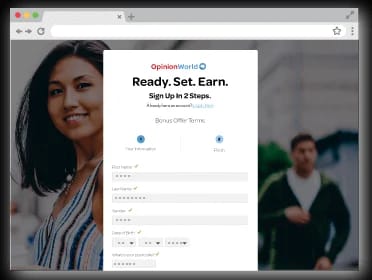
Impact on Society :-
The proliferation of opinions in the digital age has ushered in both positive and negative consequences for society. On one hand, it facilitates freedom of expression and fosters democratic dialogue, allowing marginalized voices to be heard and empowering individuals to advocate for social change. However, the Opinion World also engenders echo chambers and filter bubbles, where in individuals are exposed only to viewpoints that align with their preexisting beliefs, exacerbating polarization and undermining the pursuit of common ground.
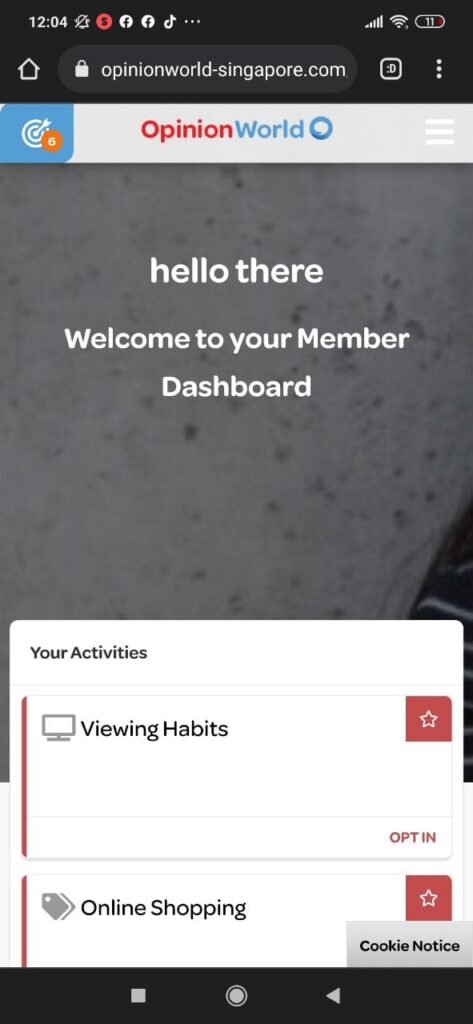
Navigating Through the Noise :-
In a cacophony of opinions, distinguishing between credible insights and baseless rhetoric can be a daunting task. To navigate through the Opinion World effectively, individuals must cultivate critical thinking skills and approach information with a healthy dose of skepticism. Fact-checking sources, verifying the credibility of information, and seeking out diverse perspectives are essential practices in discerning truth from falsehood amidst the digital din.
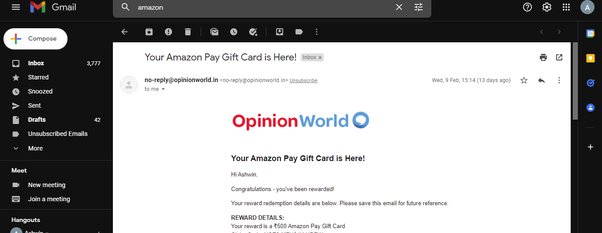
The Role of Media Literacy :-
Media literacy emerges as a cornerstone in empowering individuals to navigate the Opinion World responsibly. By equipping people with the skills to critically evaluate information, identify biases, and discern propaganda from objective analysis, media literacy initiatives play a pivotal role in promoting informed citizenship and fostering a culture of digital responsibility. Educational institutions, online platforms, and media organizations all have a stake in promoting media literacy as a fundamental component of digital literacy.
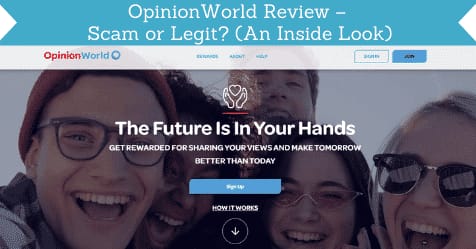
Ethics in Opinion Sharing :–
With the power to disseminate opinions globally at the click of a button comes a profound ethical responsibility. Ethical considerations, such as respecting differing perspectives, verifying the accuracy of information before sharing, and refraining from engaging in hate speech or harassment, should govern one’s conduct in the Opinion World. Responsible opinion-sharing not only fosters constructive dialogue but also contributes to the cultivation of a more inclusive and respectful online environment.
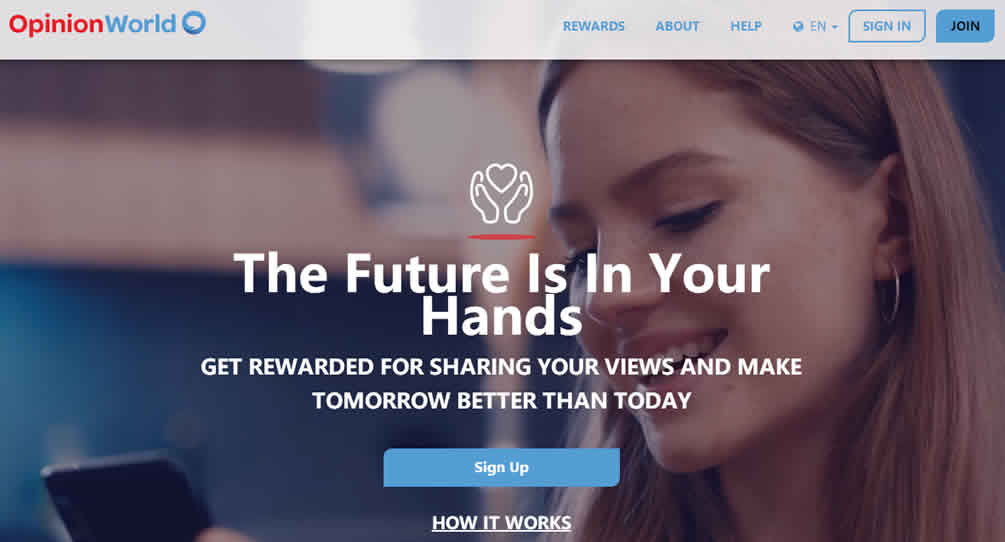
The Role of Algorithms :-
Algorithms wield considerable influence in shaping the landscape of the Opinion World, as they determine the content that users are exposed to on social media feeds and news websites. However, these algorithms are often engineered to prioritize engagement metrics, leading to the proliferation of sensationalized content and reinforcing existing echo chambers. Reforming algorithms to prioritize the dissemination of quality information, diverse viewpoints, and balanced perspectives is essential for fostering a healthier digital discourse.

Challenges and Opportunities :-
While the Opinion World presents myriad challenges, it also presents opportunities for positive change and collective action. By harnessing the power of digital platforms, individuals can amplify their voices, mobilize communities, and effect meaningful change on a global scale. However, realizing these opportunities necessitates a concerted effort to promote civil discourse, combat misinformation, and bridge ideological divides, thereby fostering a more informed, inclusive, and respectful Opinion World for future generations.
Link :- https://www.opinionworld.in/

Conclusion :-
In conclusion, the Opinion World represents a dynamic and multifaceted landscape that shapes public discourse in the digital age. While it presents challenges such as polarization, misinformation, and algorithmic bias, it also offers opportunities for dialogue, advocacy, and social change. By fostering media literacy, promoting ethical behavior, and reforming algorithms, we can cultivate a more informed, inclusive, and respectful Opinion World—one that empowers individuals to engage critically, empathetically, and constructively with diverse perspectives and ideas. In doing so, we can pave the way for a more vibrant, democratic, and equitable digital society.
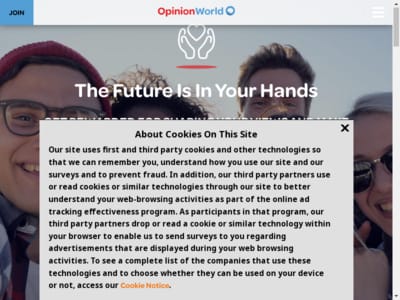
The Influence of Social Media :-
Social media platforms serve as the primary battleground for opinions in the digital age, amplifying voices and shaping public discourse in unprecedented ways. However, the algorithms governing these platforms often prioritize engagement metrics, leading to the proliferation of sensationalized content and reinforcing existing echo chambers. Moreover, the anonymity afforded by social media can embolden individuals to express opinions in ways they might not in face-to-face interactions, contributing to the spread of misinformation and the erosion of civility. Despite these challenges, social media also offers opportunities for marginalized voices to be heard, grassroots movements to mobilize, and communities to coalesce around shared values.
The Role of Traditional Media :-
While social media dominates the digital landscape, traditional media outlets continue to play a significant role in shaping public opinion. However, the rise of online news consumption has led to concerns about the polarization of media consumption habits, with individuals gravitating towards outlets that reinforce their existing beliefs. Moreover, the 24-hour news cycle and the pressure to generate clicks and views have incentivized sensationalism and partisan punditry, undermining the pursuit of objective journalism. Nevertheless, reputable news organizations remain essential sources of credible information and critical analysis, serving as a bulwark against the tide of misinformation in the Opinion World.

The Globalization of Opinions :-
The digital revolution has facilitated the global exchange of opinions, transcending geographical and cultural boundaries. Social media platforms and online forums enable individuals from diverse backgrounds to engage in dialogue, share perspectives, and mobilize for collective action on a global scale. However, this interconnectedness also exposes individuals to viewpoints that may challenge their deeply held beliefs, leading to cognitive dissonance and ideological clashes. In an increasingly interconnected world, fostering empathy, cultural understanding, and dialogue across divides is essential for promoting mutual respect and cooperation in the Opinion World.
The Imperative of Digital Citizenship :-
As active participants in the Opinion World, individuals bear a collective responsibility to uphold the principles of digital citizenship. This entails engaging with online content critically, ethically, and responsibly, while also advocating for a more inclusive and equitable digital ecosystem. By promoting digital literacy, combating online harassment and hate speech, and advocating for algorithmic transparency and accountability, digital citizens can contribute to the cultivation of a healthier, more vibrant Opinion World for future generations.
In conclusion, the Opinion World represents a dynamic and multifaceted landscape that shapes public discourse in the digital age. While it presents challenges such as polarization, misinformation, and algorithmic bias, it also offers opportunities for dialogue, advocacy, and social change. By fostering media literacy, promoting ethical behavior, and embracing the principles of digital citizenship, individuals can navigate the Opinion World more effectively and contribute to the creation of a more informed, inclusive, and respectful digital society.
